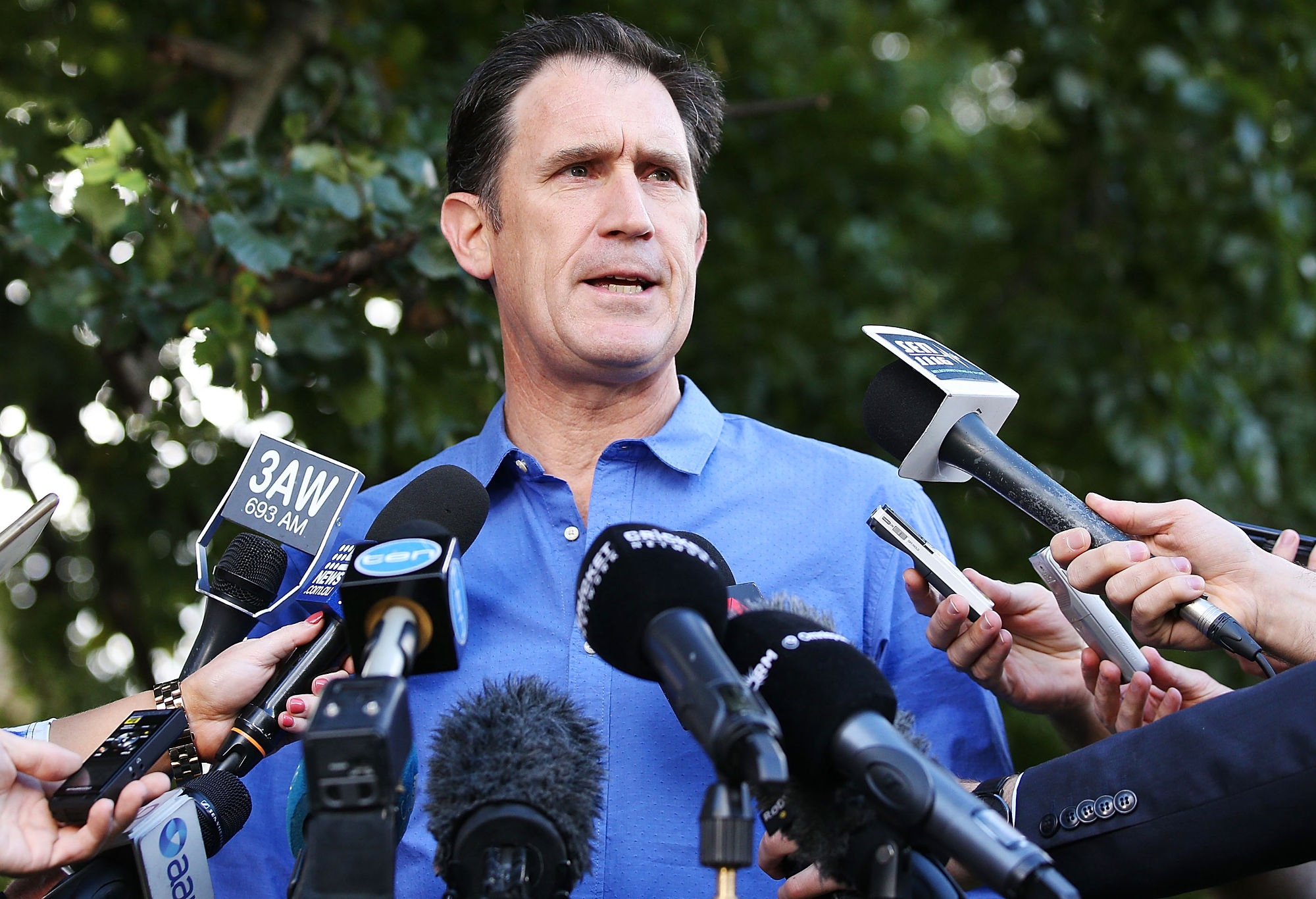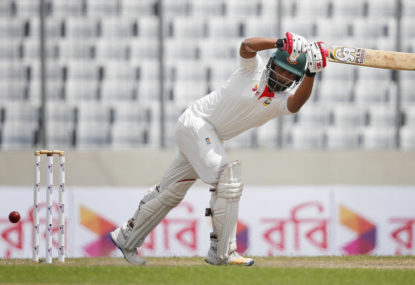Australia has never played Bangladesh in a T20 match.
Hang on, you say. What about Brett Lee’s hat-trick in 2007? Or a typical recovery innings from Michael Hussey in 2010?
Even in 2014, when Australia were eliminated in the group stage, Australia won a consolation win against Bangladesh. Aaron Finch, for example, was man of the match in what was his last match before being made captain.
The most recent match between the two nations, meanwhile, was decided only by the margin of three wickets, when they met at the last World T20.
But I ask you to read the opening sentence again. The gender of the players, you may notice, has been left ambiguous. For the men have met, but the women have not.
If it sounds like that has been said in a thundering tone of disapproval, then you are mistaken. Until Thursday, the most recent story on Australia-Bangladesh relations I had read, as it pertained to cricket, was an excellent article from Annesha Ghosh, describing how the WBBL helped two Bangladesh cricketers, Rumana Ahmed and Khadija Tul Kubra, as part of the ICC’s Rookie Placement Program.
What was striking about their Australian experience was just how much it was improved by the friendliness of the people that they encountered, Australians and non-Australians alike, eager to help these women improve themselves and, by extension, Bangladesh cricket.
James Sutherland is unlikely to be remembered as the closest friend of Bangladesh cricket, for decisions like the one to not host Bangladesh for men’s Tests this year as previously agreed. However, if you are a female player in Bangladesh, Australia or any other country, his actions have improved your chances of becoming a professional cricket player.

(Photo by Michael Dodge/Getty Images)
The WBBL, for instance, will go down as just one of his major achievements when he does eventually leave his current role, a role he has held for almost as long as Bangladesh’s best male cricketers have been playing Test cricket. Therein lies the rub.
Sutherland has been Cricket Australia’s CEO since 2001. When Brad Haddin retired in 2015, it meant the only other person in a position of prominence at CA from that year was no longer holding the position they held.
Since that year alone, Australia’s male Test team has been humbled at home by South Africa and humiliated in South Africa by themselves. Other people paid the price on both occasions, and no censure was brought against Sutherland when there was an industrial dispute between players and administrators last year and he only belatedly stepped in to help resolve differences, when he had been more proactive in solving Memorandum of Understanding problems in past years.
That latter crisis meant the advances in professionalising women’s cricket that the eventual Memorandum of Understanding represented were submerged beneath a hailstorm of negativity.
As Brett Geeves noted at the time, it was a lost opportunity.
The experience of Bangladesh’s female cricketers earlier this year in Australia must surely be at least partly counterbalanced by the perspective of the men. One of them, Mushfiqur Rahim, was quoted by Mohammad Isam thus:
“It is up to the cricket boards. I don’t know why it got postponed. But we were really looking forward to it. We wanted to play in Australia.”
“I have never played a bilateral series there. It would have been something quite big for me. If it happens in the future, I will be happy.”
Isam placed Rahim’s remarks in the context of Test cricket, but it could equally apply to ODI cricket, as he missed the 2008 series between the two countries, the only such series in Australia since 2003, or iT20 cricket.
All four matches between the two sides, in 2007, 2010, 2014 and 2016, have been at World T20s, where they have had to face one another. Considering the continual debate about the place of iT20s outside World T20s, this has been no disgrace.
The decision to globalise international status in that format is a recent one. But now the situation has changed.
In their statement, Cricket Australia said that postponing the tour would… actually, I’ll just provide the whole thing, so I can’t be accused of taking it out of context or disregarding its content.
“The window allocated in the ICC FTP for Bangladesh to tour Australia in August this year has been postponed, by mutual agreement by both Cricket Australia and the Bangladesh Cricket Board. Both countries agreed to postponing that tour to be better aligned ahead of the ICC World T20 in 2020 in Australia.”
Ok, so it doesn’t explicitly commit Australia to a T20 series in 2019 or 2020, but I think it’s reasonable to say that’s the clear inference for a fair reader to take. Indeed, to not play such a series would be to invite even more opprobrium from fans. It would also add more weight to the charge that Australia is not treating Bangladesh as equals.
Australia has never played Bangladesh in a T20 match. If the words ‘in Australia’ can still be added by the start of the next Men’s World T20, to make it a gender-neutral sentence, it will be, to quote Ed Cowan, “sad.”































































































